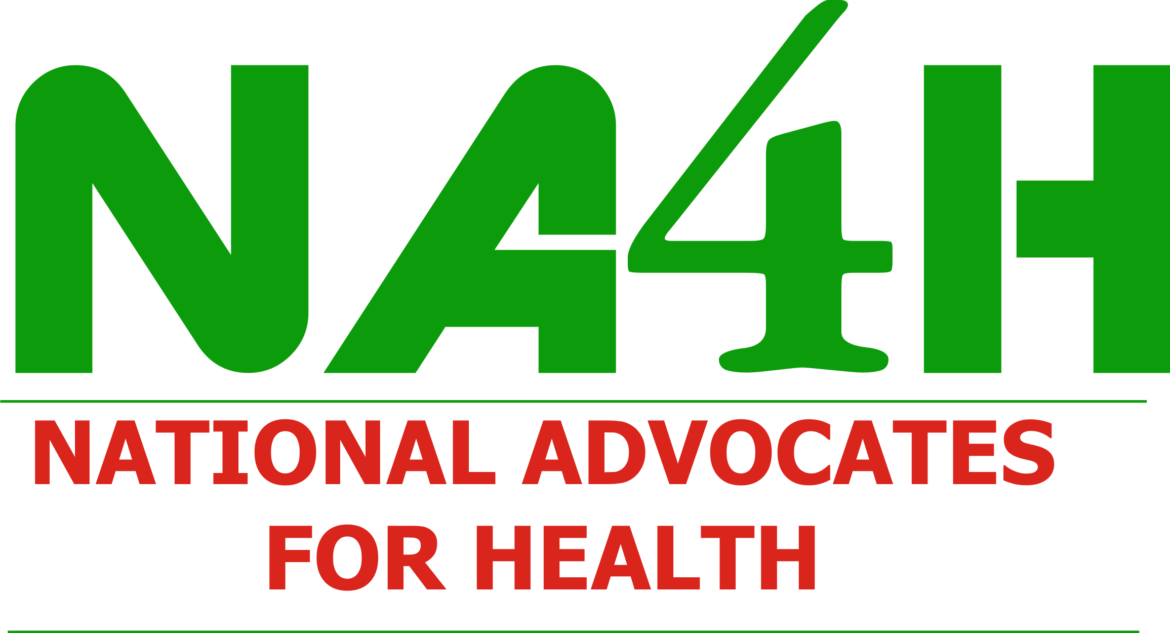By Iyemah David
The National Advocates for Health (NA4H), has said that maternal health setbacks in the country have contributed to women dying during pregnancy or childbirth.
In his remarks at a two-day meeting with partners, the chairman, NA4H, Mohammed Usman, who spoke on behalf of non-governmental organizations (NGOs) on Wednesday in Abuja, said that the new administration should see maternal health as a priority in the country.
The Africa Health Budget Network (AHBN) organized the two-day Meeting with NGOs, Media, and Young People to Promote Accountability for FP2030 Commitment, Every Newborn Action Plan (ENAP), Ending Preventable Maternal Mortality (EPMM) and Sexual Gender-Based Violence.
FP2030 focuses on a variety of issues in order to increase access to rights-based, voluntary family planning, regardless of where someone lives.
Usman said that maternal deaths have either increased or stagnated nearly across the country.
He said that Sustainable Development Goal (SDGs) target 3.1 is to reduce maternal mortality to less than 70 maternal deaths per 100,000 live births by 2030.
“In November 2021, new EPMM coverage targets were launched to meet the SDGs, and these were supplemented with several global, national and sub-national EPMM indicators.
“The indicators highlighted the need to increase coverage of quality maternal health care and improve women’s ability to make their own decisions about their sexual and reproductive health,” he explained.
He said that unless the country makes progress on national targets for reducing maternal deaths – most of which were preventable – the lives of women dying in the country while giving birth would be more by 2023.
He said that governments at all levels must look at the gaps that still exist, stressing that childbirth should be a time of life, not death.
According to him, “as Stakeholders, we should play our role effectively to ensure that government delivers on its commitment to FP, Enap, EPMM and Sexual Gender Based Violence Justice in Nigeria.
He commended AHBN for convening the annual meeting with NGOs, Young People and Media to continue to promote accountability.
Mrs Maimuna Abdullahi, Health Economist, Monitoring & Evaluation Specialist, AHBN, called for renewed action in the country to meet the targets of reducing maternal, and newborn mortality, and stillbirth by 2030.
Mrs Abdullahi said that it was all about accountability, and this was something that Nigerians must take responsibility for.
She said that the new data and goals proposed by the launch of the first-ever joint ENAP and EPMM progress report improving maternal and new-born health and survival and reducing stillbirth showed that progress in improving survival has stagnated since 2015.
She said that the new administration needs to ensure that the country was not reducing investments in health and social sectors and reorient towards primary health care that delivers for maternal, new-born, and child health.
She said that by bringing services closer to the community and ensuring that they were provided with quality care, the country can prevent many of the complications that it’s dealing with, and identify and address them at an earlier stage.
Mr Olympus Ade-banjo, Chairman, Nigeria Meaningful Adolescents & Youth Engagement (MAYE) Working Group, said that the current political transition in the country poses an opportunity for existing family planning commitment.
Ade-banjo said that the civil society and youth engagement were key to turning this transition into an opportunity for accelerated access to family planning towards achieving positive demographic dividends.
Ms Halimah Bello, Information & Youth Engagement Officer, AHBN, said that stakeholders needed to ensure the successful delivery of FP2030 Commitments.
Ms Bello said that the retreat would empower stakeholders to track the progress of FP2030 implementation by the government and its partners and ensure that government fulfils its commitment.
She said that AHBN has continued to build the capacity of CSOs, and Media to track the progress of implementation by the government and its partners and hold the government responsible to account for these commitments.
“This is with a view to promoting accountability as well as developing advocacy strategies to track and monitor the commitments,” she said.




